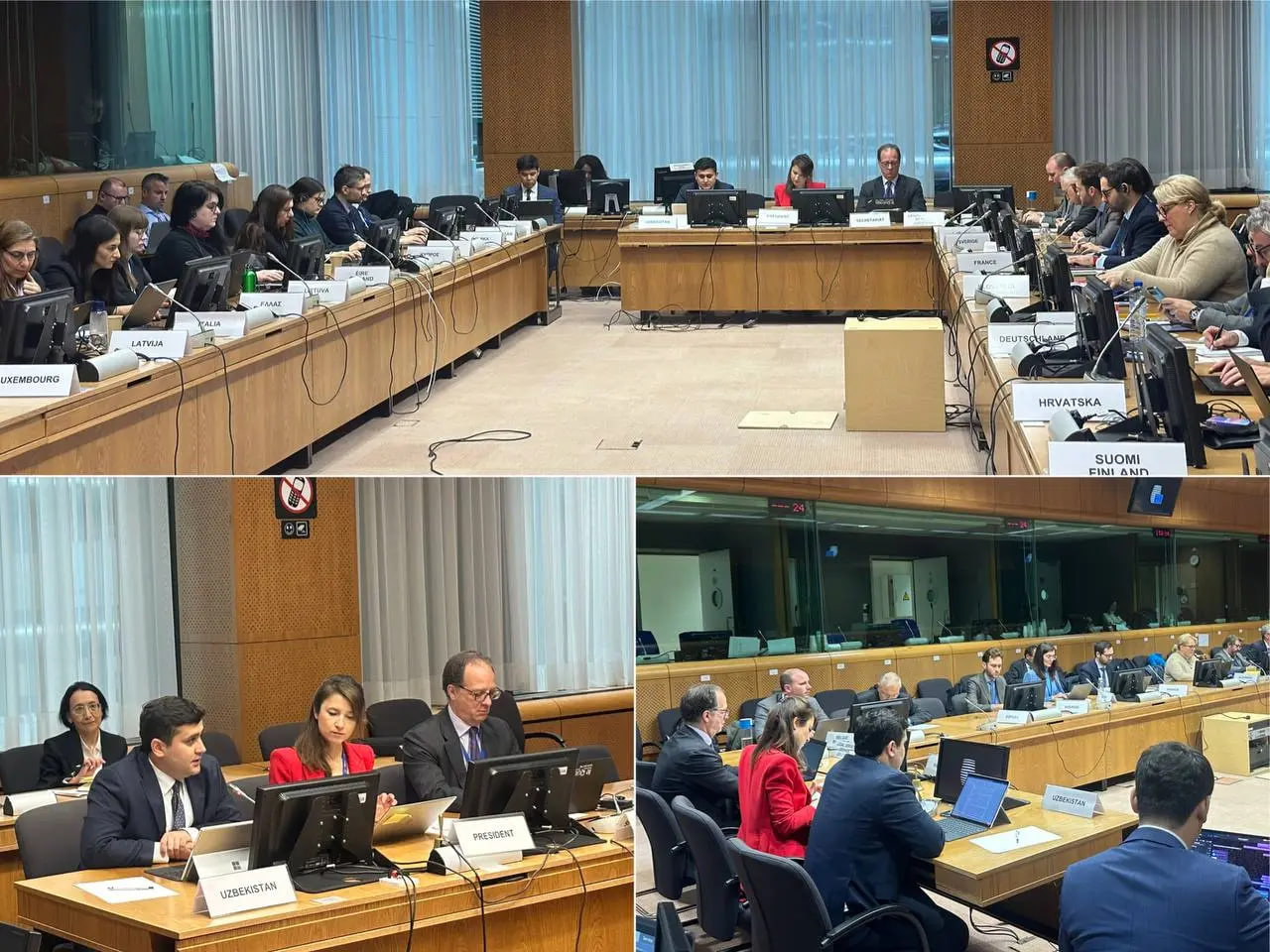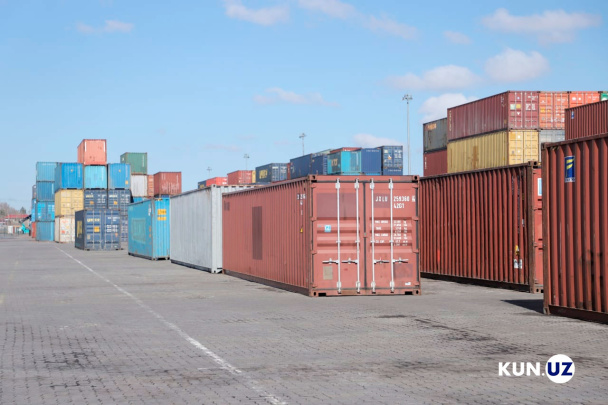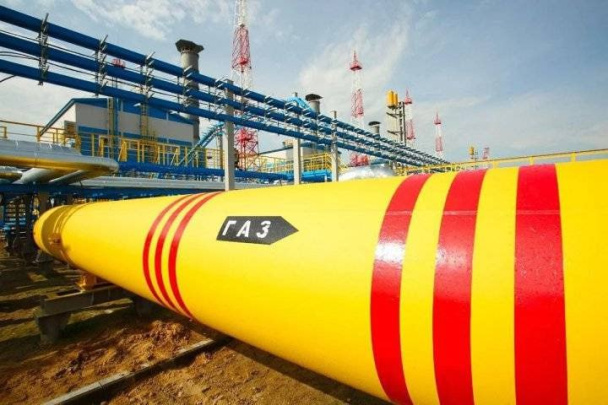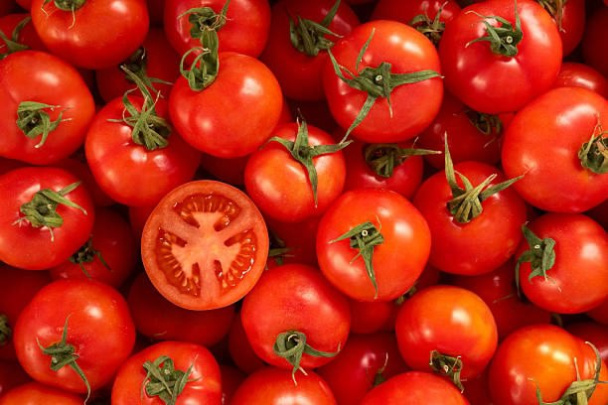Uzbekistan proposes extending duty-free export privileges to the EU for another 10 years
Uzbekistan has proposed extending its duty-free export privileges under the EU’s GSP+ trade system for an additional 10 years, as well as adding freshly harvested fruits and vegetables to the list of duty-free goods. The proposal also includes revising import quotas for rolled metal products and seeking EU technical assistance to help Uzbek goods meet European standards.

Photo: MIIT
The meeting of the working group on the implementation of the EU’s GSP+ (Generalized Scheme of Preferences) system took place in Brussels on December 4-5. It involved representatives from all 28 EU member states and, for the first time, Uzbekistan. The delegation of Uzbekistan was led by the Ministry of Investments, Industry, and Trade (MIIT).
During the meeting, Uzbekistan’s delegation presented the outcomes of its work since gaining GSP+ beneficiary status in 2021. It was highlighted that exports to the EU had nearly tripled during this period, reaching $1.15 billion. Additionally, a stable export chain had been established for approximately 1,100 products from a list of more than 6,200 preferential goods, including agricultural products, textiles, electrical equipment, and chemicals.
"Considering Uzbekistan's considerable export potential, the delegation proposed expanding the list of GSP+ preferential goods to include newly harvested fruits and vegetables. They also recommended revising seasonal export quotas and extending their duration. This would ensure stable product deliveries and enhance the competitiveness of Uzbek goods in the European market," the statement read.
Furthermore, the MIIT representatives proposed extending the GSP+ regime for another 10 years, emphasizing that this would solidify the progress made and create a foundation for developing long-term economic relations with the European Union.
"During the visit, the delegation held constructive meetings with the heads of the EU Commission’s trade and international cooperation departments. Topics discussed included improving access for Uzbek products to the European market, revising import quotas for rolled metal products, and securing EU technical assistance to help Uzbek products align with European standards," the statement concluded.
Related News

16:33 / 21.12.2024
Uzbekistan’s foreign trade turnover nears $60 billion in 11 months

14:49 / 21.12.2024
Uzbekistan increases gas exports to China by 27% amid rising imports

17:46 / 18.12.2024
Rosselkhoznadzor blocks large batch of tomato import from Uzbekistan due to quarantine virus

19:01 / 05.12.2024



